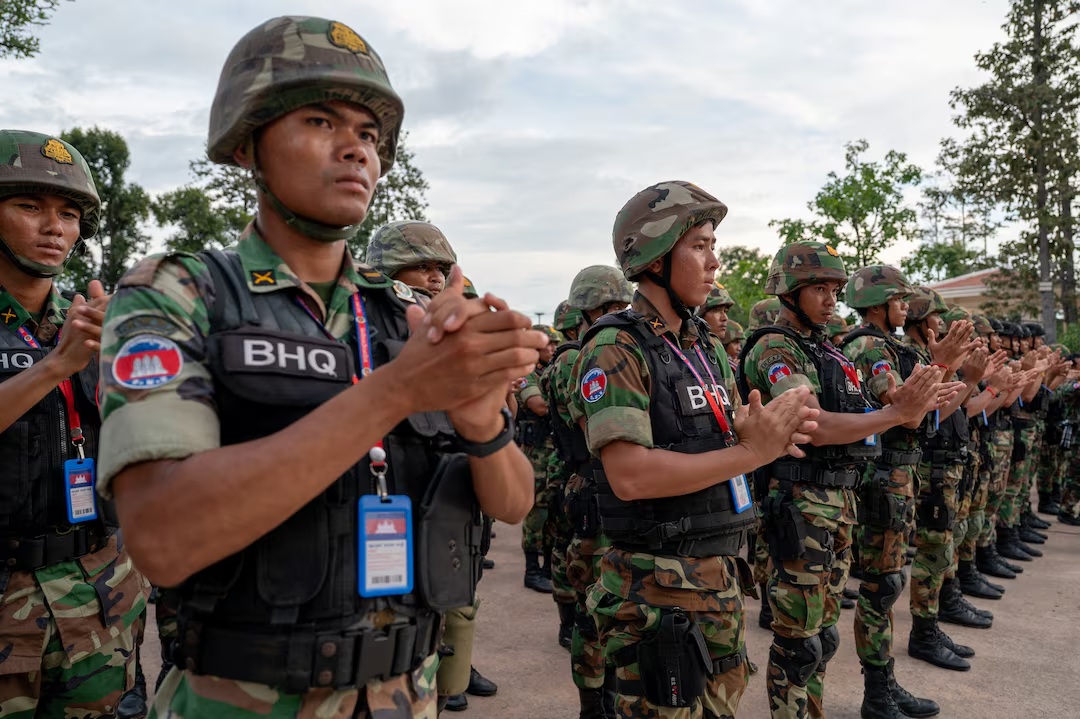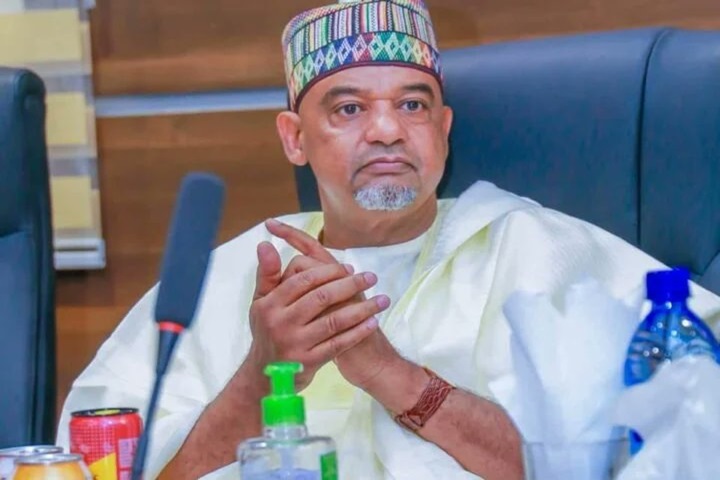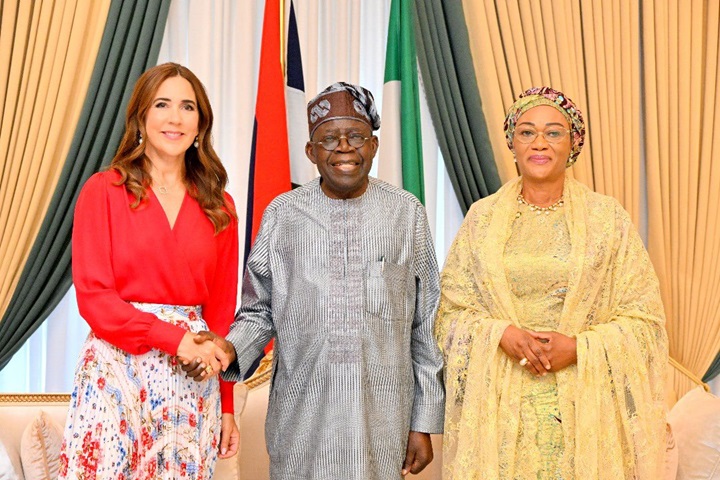News
Flashpoint in Southeast Asia: Thailand-Cambodia Border Crisis Deepens

Thailand’s military, on Monday, June 24, 2025, sealed off nearly all land border crossings into Cambodia, halting travel and trade across seven provinces as a long-simmering territorial dispute between the two Southeast Asian nations threatens to spiral into a wider political and humanitarian crisis.
The closures, which were announced Monday by Thailand’s army and navy, bar both Thai nationals and foreigners, including tourists, migrant workers, and cross-border traders, from passing into Cambodia.
Exceptions will be made for medical emergencies and students traveling for education, officials confirmed.
The move comes amid rising military and political tensions sparked by a deadly skirmish in May at a disputed stretch of the border.
The brief firefight left one Cambodian soldier dead and has since triggered a tit-for-tat wave of nationalist rhetoric, economic sanctions, and political fallout on both sides.
From Gunfire to Geopolitics
The contested border area has long been a flashpoint between Thailand and Cambodia, with historical disputes over territory flaring up sporadically.
But the latest clash has intensified into a diplomatic crisis, with both governments trading blame and retaliatory actions escalating beyond the battlefield.
In recent weeks, Cambodia has responded with a series of cultural and economic sanctions against Thailand.
Thai films and dramas have been pulled from Cambodian cinemas and television.
Also, internet bandwidth from Thai providers has been throttled, and imports of Thai agricultural produce and fuel have been suspended.
Cambodia also took aim at Thai businesses operating locally, increasing restrictions on work permits and tax compliance.
Thailand, for its part, has tightened visa regulations for Cambodian visitors and is now escalating its border control measures.
A Political Firestorm in Bangkok
The crisis has placed enormous pressure on Thai Prime Minister Paetongtarn Shinawatra, who is already navigating a turbulent domestic political landscape.
Her perceived soft approach to the Cambodian leadership, particularly former Prime Minister Hun Sen, an influential figure who remains deeply embedded in Cambodia’s power structure, has drawn sharp criticism from opposition leaders.
It has also drawn sharp criticism from the military, and even members of her own coalition.
Outrage exploded last week after a leaked phone call surfaced between Paetongtarn and Hun Sen.
In the audio recording, she referred to a senior Thai military commander as someone who “just wanted to look tough.”
Also, she addressed Hun Sen as “uncle,” offering to “take care of anything” he needed.
The backlash was swift and severe, with one coalition partner citing the call as a reason for exiting the government.
Paetongtarn has since apologized, calling her remarks a negotiation tactic and urging national unity.
But the damage may already be done. Her government is now facing mounting public pressure, rising military distrust, and growing calls for her resignation.
Regional and Human Security Concerns
Beyond the politics, the border closures have begun to disrupt everyday life along the Thai-Cambodian frontier.
The shutdown affects Ubon Ratchathani, Surin, Buriram, Sri Sa Ket, Sa Kaeo, Chanthaburi, and Trat—regions with significant cross-border economic activity.
Local traders, many of whom rely on daily movement across the border, have been left stranded with goods they cannot deliver.
Tourism operators in both countries have reported cancellations and plummeting bookings.
More worryingly, Thailand’s new stance also appears linked to broader concerns about transnational crime.
On Monday, Paetongtarn stated that her government is considering blocking exports that could be misused by scam networks operating in Cambodia.
Human rights groups and UN agencies have repeatedly flagged Cambodia as a global hub for cybercrime syndicates that exploit trafficked individuals.
Many of these individuals are reportedly from neighboring countries, and they are forced into online scam operations under threat of violence.
Thailand has pledged to work with regional and international partners to combat the problem, citing it as not just a criminal issue but a humanitarian one.
A Region on Edge
As both countries dig in, analysts warn that missteps could turn an already volatile situation into a more serious confrontation. What started as a border dispute is now a litmus test for national leadership, regional diplomacy, and the resilience of Southeast Asia’s interconnected economies.
For the thousands of civilians, students, and small business owners caught in the middle, the consequences are immediate—and deeply personal.
Whether cooler heads can prevail will not only determine the fate of the Thai-Cambodian relationship but could also shape the future of regional stability in Southeast Asia.
For Diaspora Digital Media Updates click on Whatsapp, or Telegram. For eyewitness accounts/ reports/ articles, write to: citizenreports@diasporadigitalmedia.com. Follow us on X (Fomerly Twitter) or Facebook











